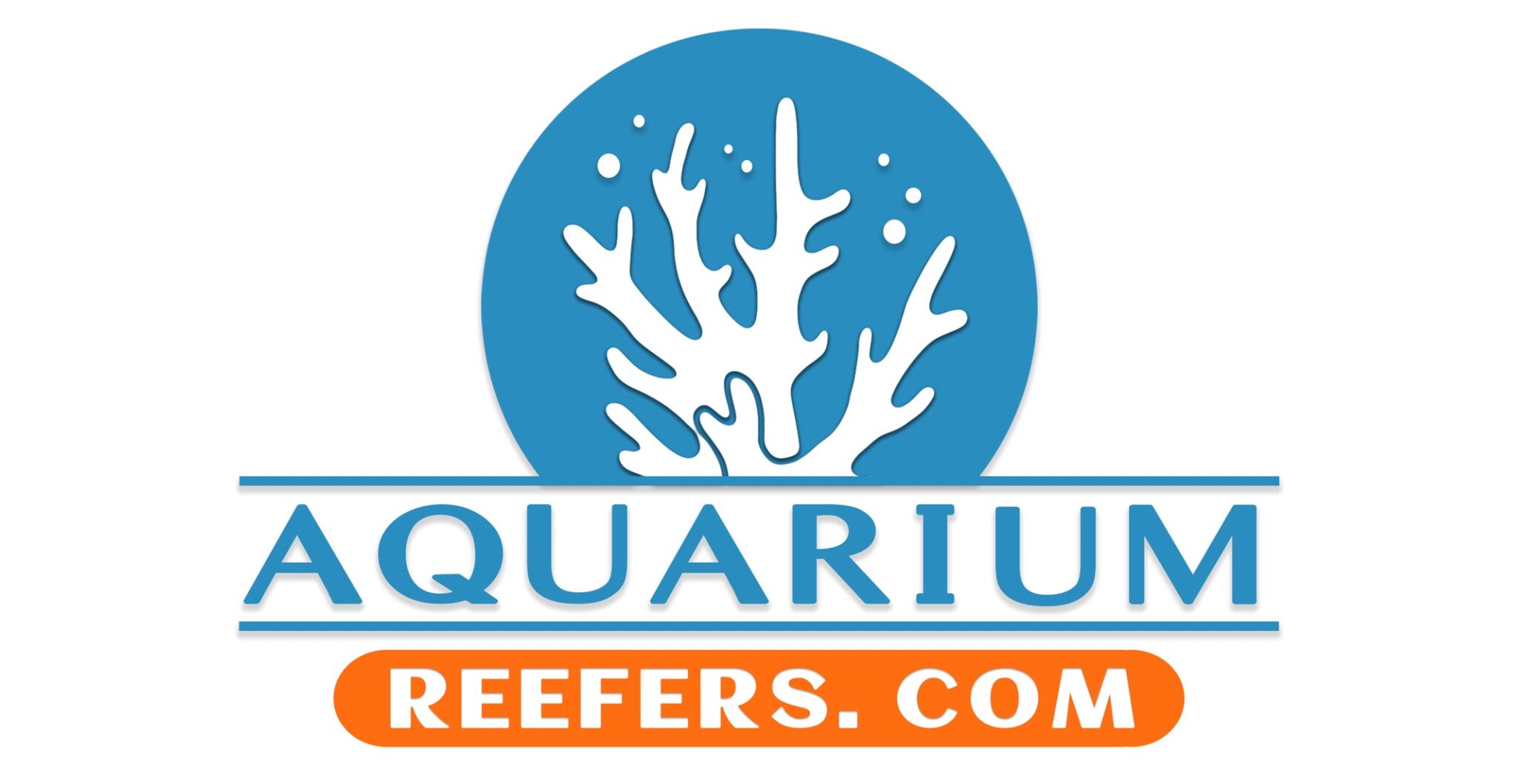Description
Adult Blueface Angelfish, Pomacanthus xanthometopon, also go by the name Yellowmask Angelfish. Like many members of this genus, adults and juveniles look different.
Juvenile Blueface Angels feature attractive dark bodies, that highlight their vibrant white and blue stripes. As the fish gets older, their colour changes from light to dark and the stripes fade away. Adult Blueface Angelfish are amazing. Dark centered scales cover their brilliant yellow bodies. As the name suggested, they have a sapphire blue mask over their yellow face. Their fins also sport a vivid blue fringe. The dorsal fin has a large blue eyespot towards the rear.
Large Angels are from the Pomacanthidae family. This is a group famous for their vivid colours. The name is Greek for, “cover” (poma) and “thorn” (akantha), which refers to the pair of strong spines on the gill cover.
Adult Blueface Angelfish, Pomacanthus xanthometopon, Ecology:
Blueface Angels’ occur in the Indo – Pacific Ocean, around the Maldives to Vanuatu. Their northern limit is the Yaeyama Islands, and their southern limit is Palau and Krosae in Micronesia.
In nature, Blueface Angels graze on sessile invertebrates and algae. As a result, this can make them unsuitable for marine tanks with coral, as they may nip. However, it may be possible to keep some carefully selected corals in the same tank. We highly recommend asking a member of staff about this.
Yellowmask Angelfish In the Aquarium:
It is important to have plenty of nooks or crannies where your Adult Blueface Angelfish can explore and feel at home. Keepers may also want to get a jump guard to stop any accidents.
Adult Blueface Angelfish are omnivores and do best when fed a varied diet. They will accept frozen Mysis shrimp and enriched frozen brine shrimp. We enrich all our frozen food with seachem garlic guard and Atvitol vitamins. These are great for keeping fish healthy by providing them with the nutrition otherwise lost in frozen food. In doing so, these additives support their immune system and increase longevity.
Adult Blueface Angelfish will graze on marine algae that can be secured to the side of the tank with clips. Over time they will accept high-quality pellet or flake. We adapt all our Angel Fish to aquarium life before they leave us. We focus on their health, and most are eating a good quality flake food and/or pellet before being offered for sale.
Angelfish can be kept in a mixed group or alone, feel free to give us a call with any questions.
The Fish pictured here are representative only and the livestock you receive may vary in pattern, coloration, and shape.









Reviews
There are no reviews yet.